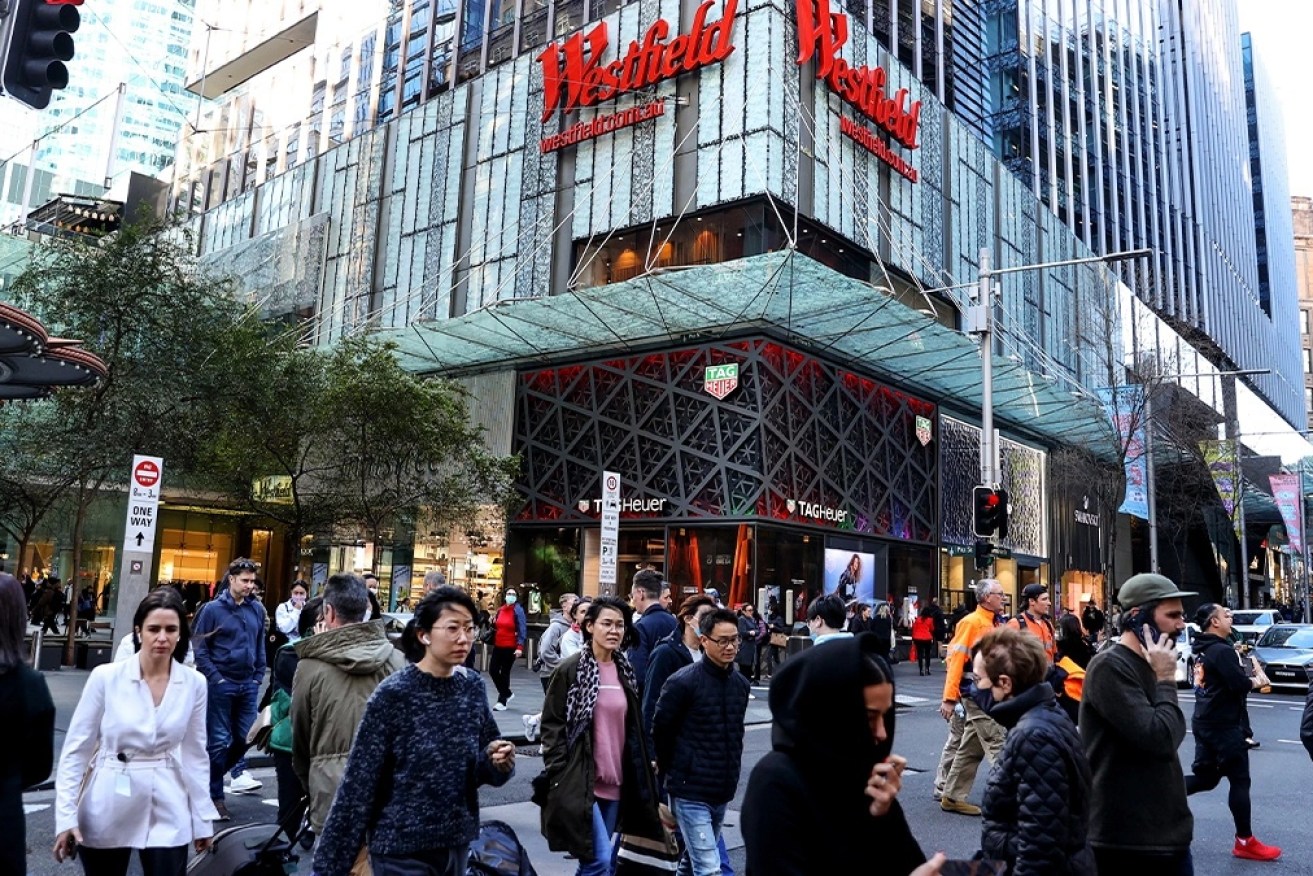Fewer sales: How retailers plan to claw back their COVID-19 costs


Consumer confidence remains persistently weak, which is not good news for businesses. Photo: Getty
Australians can expect to see fewer discount stickers at the shopping centre in coming months as retailers look to prop up their profit margins.
After two years of battling rising costs during COVID-19, big retailers are raising their prices to pass on inflation to customers, but it’s not all being done through changes to base prices.
Some retailers are also flagging fewer discounts for customers as a way to protect their profit margins now that shopping centres are again open.
Super Retail Group – owner of brands like Rebel, Supercheap Auto, BCF and Macpac – said as much this week in an investor briefing.
Chief financial officer David Burns said retailers have run ‘‘ineffective’’ sales in the past and that these are being replaced with ‘‘higher-quality’’ promotions moving forward.
‘‘[It’s a factor] that I think you’ll see across most retailers,’’ he said.
‘‘There has been an opportunity to cleanse the promotional calendar that’s factoring into the gross margin capture.’’
Fewer sale: Retailers changing tack
Australian retail executives have long lamented the discount-heavy retail calendar that households have become accustomed to, with huge sales periods every few months, capped off with a Boxing Day stock clearance.
In recent years things have gone even further as ‘‘shopping holidays’’ like Black Friday and Cyber Monday have become more popular.
But during the pandemic retailers struggled to get enough stock to meet surging demand, meaning many pulled back on these sales entirely.
That was the case at Rebel, BCF, Supercheap Auto and Macpac, said chief executive Anthony Heraghty.
‘‘There were almost zero promotions,’’ he told investors on Wednesday.
‘‘We were pulling catalogues because demand was, quite frankly, running the risk of outstripping supply … and that just meant that you were seeing a super-inflated gross margin position over that period.’’
Super Retail has come out of COVID-19 with healthy product margins because of fewer promotions and passing on cost inflation to shoppers.
Its proportion of sales coming from discounts remains lower than before the pandemic, Mr Heraghty said.
And the company wants to retain at least half of this margin uplift moving forward, partly by pulling back on the number of sales it conducts.
More individual offers
One way the company intends to do this is by using computer programs to target individualised sales at members of its various loyalty schemes.
Retail consultant and principal at Retail Doctor Group Brian Walker said that means fewer general discount stickers and more individual offers on customer’s phones or emails.
Mr Walker said other retailers are starting to adopt a similar strategy to Super Retail Group in a sign that fewer discounts will be seen in shopping centres.
‘‘We’ve got more pressure than ever before on retailers because of rising cost models making it harder to grow margins,’’ he said.
‘‘When you add those pieces together it’s absolutely the right strategy.’’
It remains to be seen though how widespread the strategy of fewer discounts becomes, Mr Walker said.
When one retailer forgoes a promotional period it becomes easier for competitors to undercut by attracting customers with a sale.
That ultimately pushes many retailers to join in, sacrificing profits.
‘‘The devil will be in the detail,’’ Mr Walker said.
‘‘The more differentiated brands will do this more easily than the less differentiated brands.’’








